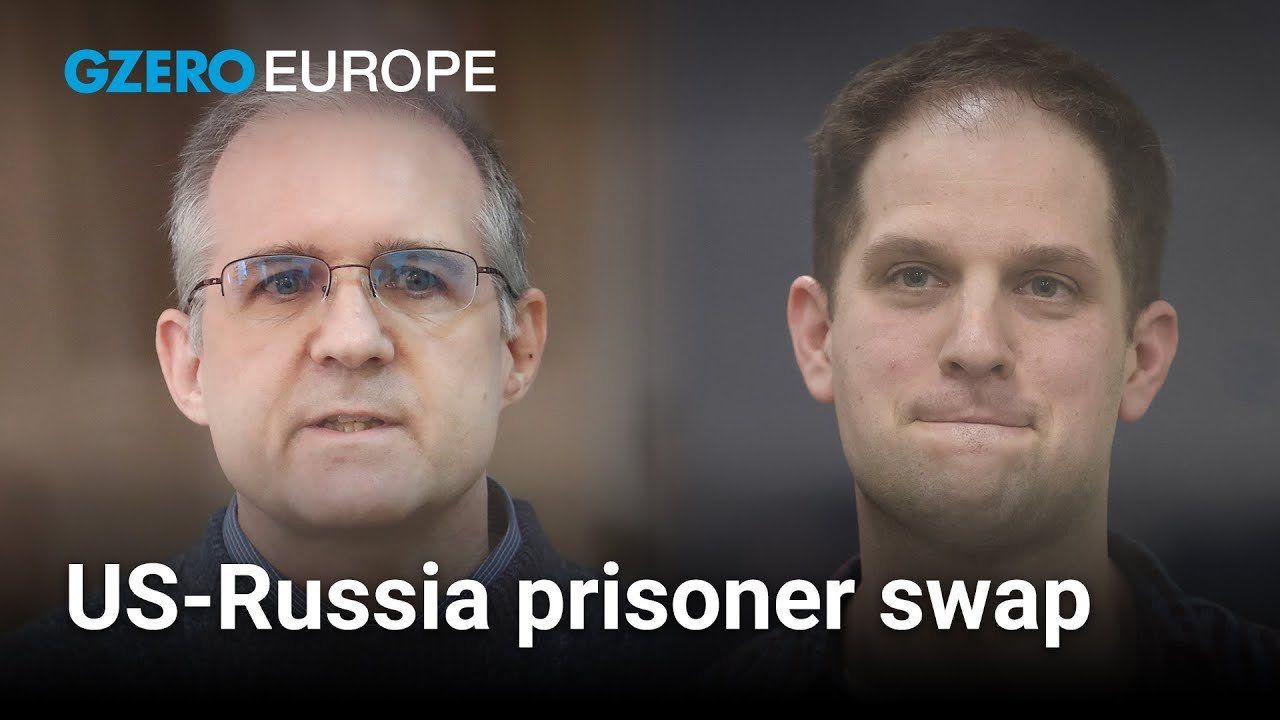GZERO Europe
How to Work from Home (effectively)

Why Putin agreed to the US-Russia prisoner swap | Europe In :60

Carl Bildt, former prime minister of Sweden and co-chair of the European Council on Foreign Relations, shares his perspective on European politics from the Adriatic Sea.
What does the biggest prisoner exchange in decades tell us about Putin?
First, the huge prisoner exchange, the biggest that we've seen for decades. I think it's important to note that it exposes the nature of Russia and the West, because on the one side, Putin was desperate to get back convicted killers, murderers, and failed spies. I think that was very important for him in order to perhaps improve their other sacking morale of his security and intelligence services after significant setbacks that they've been suffering over the last few years, and then I think the success of securing the release of journalists, brave journalists, and brave defenders of freedom and democracy in Russia. I think it is a good day, both for the individuals, needless to say, that have been gotten their freedom, and also for the fact that it does expose the very difference of nature between Russia and the West.
What's the European reaction to what's happening in the Middle East?
Well, deep apprehension. The fact that it's not been impossible to secure the ceasefire in Gaza means that all of the other conflicts of the risk are escalating. That is Yemen, that is now Hezbollah-Israel, that is now obviously with the killing of Hamas leader in Tehran, which is quite a daring and provocative thing, the risk of it going really bad.
Let's hope that the wiser heads in Tehran and Washington primarily prevails in the next few days, but we don't know.
In a new Global Stage livestream from the 2026 Munich Security Conference, New York Times White House and national security correspondent David Sanger moderates a conversation with Ian Bremmer (President & Founder, Eurasia Group and GZERO Media), Brad Smith (Vice Chair & President, Microsoft), Benedetta Berti (Secretary General, NATO Parliamentary Assembly), and Wolfgang Dierker (Global Head of Government Affairs, SAP) on how technology and defense are colliding in real time.